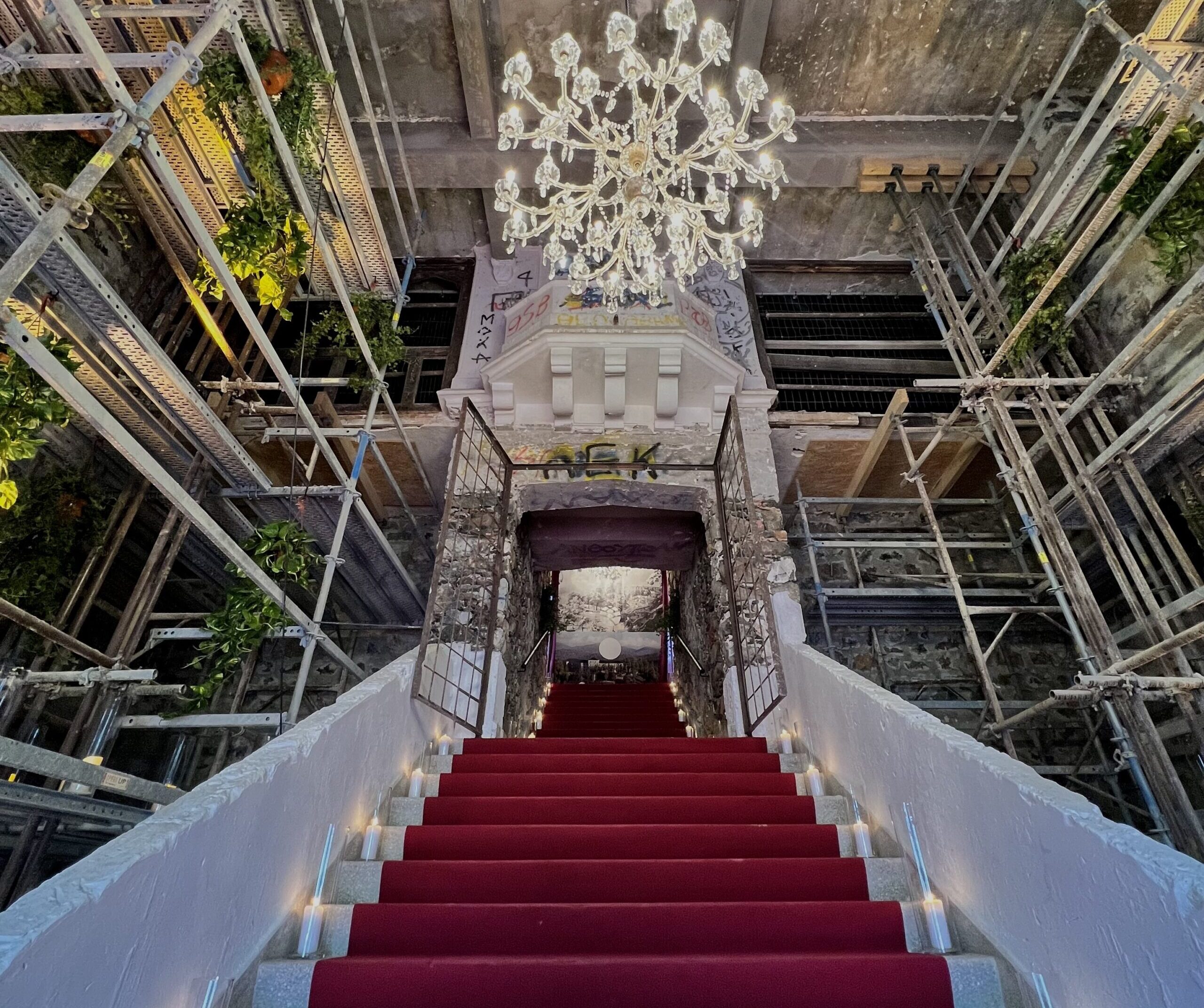Revival of the historic Berengaria Hotel edges closer to “breathing new life into an area rich in tradition and heritage”, said Tourism Minister Costas Koumis.
Owners bbf presented their revamp plans this week.
Koumis said the return of the establishment, renamed Berengaria Luxury Boutique Hotel, will further “boost Cyprus as a diverse and vibrant tourist destination”.
The once-proud Berengaria is set to come back in 2026 after being left to the elements for more than four decades.
“This marks a new chapter in our tourism sector, which has been steadily evolving despite numerous challenges in recent years,” Koumis said.
He argued its revival presents tourism opportunities and its operation will add extra value to the existing 2,151 beds in mountain resorts.
“It is expected that the hotel will attract visitors with specific interests, contributing to efforts for the further development of niche tourism forms.
“Additionally, it is anticipated to boost the local economy, generating regional income and creating employment opportunities as it will employ approximately 100 individuals”.
The CEO of bbf, Lefteris Constantinou, said: “In 2020, due to his determination and vision, the owner of the company, Vadim Romanov, bought Berengaria to restore it to its former glory, turning it back into a cosmopolitan destination in the heart of Troodos.
“The revival of Berengaria is for us a project of respect for the past and a promise for the future”.
The director of the project, Andronikos Spyrou, said all parts of the building that collapsed over the decades were restored, and the roof was repaired to a point.
In 2022, the restoration of the building began, and by the end of this year, it is expected to become statically safe.
Renovation of the hotel in Prodormos, at an altitude of some 1400 metres, will cost €20 mln, while €15 mln will go to developing housing units and villas in the surrounding area.
Thanos Hotels & Resorts Group has taken on a consulting role (Technical Services), advising architects on features and amenities needed.
Once the most luxurious hotel in Cyprus, it was named in honour of Queen Berengaria, wife of Richard the Lionheart, who was married in Limassol in 1191.
The stone-built mountain hotel opened in 1931 and closed in 1984; its rooms and halls that once entertained royalty became home to dust, graffiti, and exposure to the elements.
There are plenty of ghoulish stories to choose from: A former manager who killed himself is said to wander the empty halls in search of new victims, a merchant’s wife supposedly found dead in the swimming pool seeks revenge and a fair maiden dressed in white linen is said to be visible only during dusk leaning against one of the windows.







